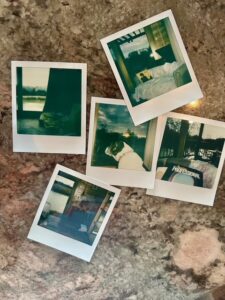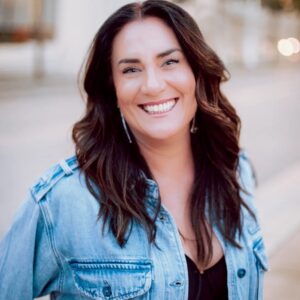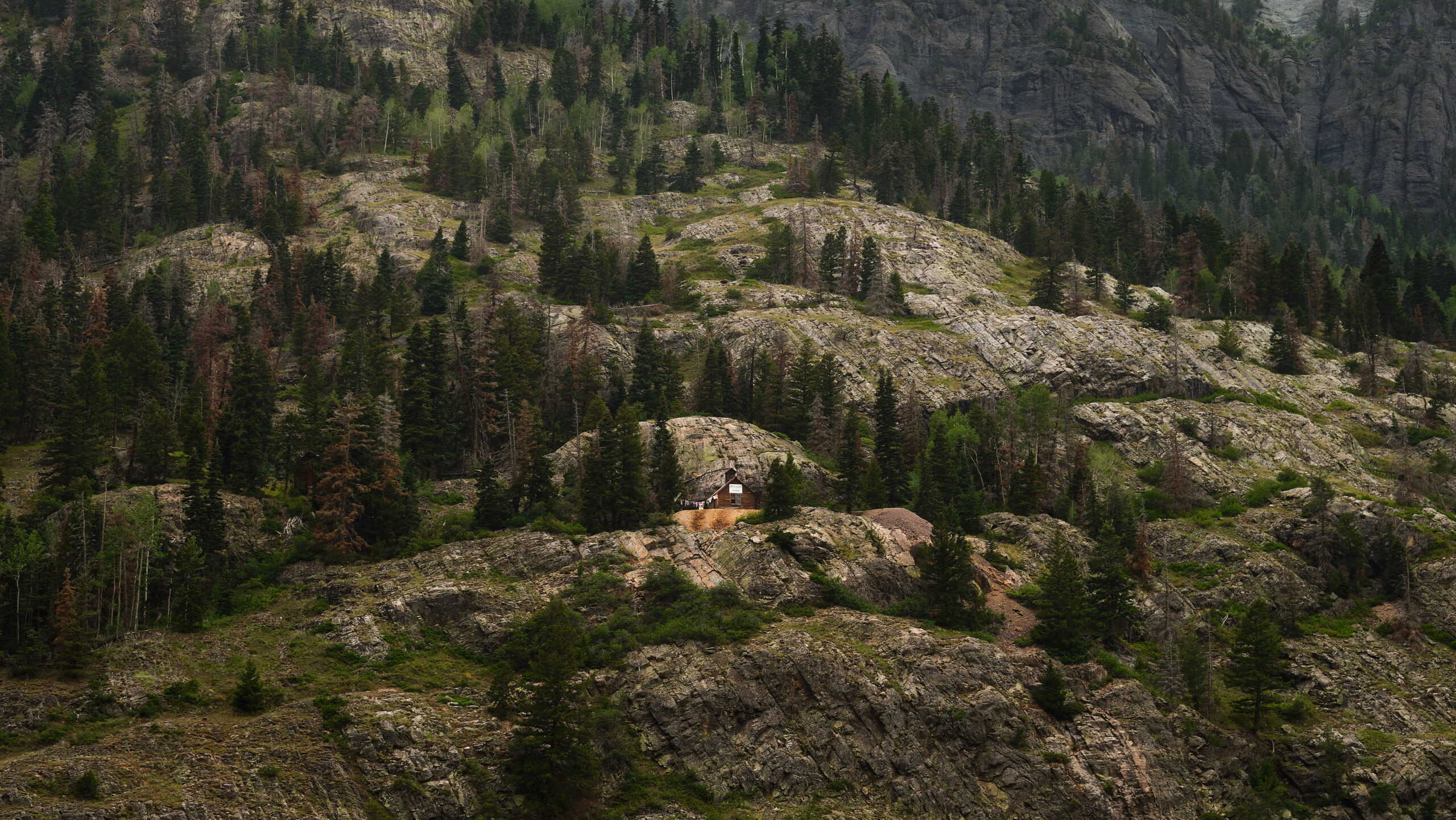If there is one thing I’ve learned over lo these many years of booking and representing speakers, it’s that someone always needs something.
Always.
I’ve also learned a lot about healthy boundaries (and how I suck at setting them). Pile on motherhood, and you have yourself a tsunami of overwhelm waiting to happen.
Last year, my particular gift for boundary-less living caught up with me, and I found myself booking two nights in early January at an East Texas tiny house. Or, as my husband likes to call it, the “fish bowl in a cow pasture”—a nod to its lack of window coverings, for reasons beyond me.
 Armed with a record player, a yoga mat, crafting supplies, and one of my dogs, I tossed my phone in the glove box and headed out on my first annual off-grid weekend. No TV, no Wi-Fi, no people—especially no people who need things.
Armed with a record player, a yoga mat, crafting supplies, and one of my dogs, I tossed my phone in the glove box and headed out on my first annual off-grid weekend. No TV, no Wi-Fi, no people—especially no people who need things.
That is, except me. I realized quickly I needed to not be needed—even if it was just for 36 hours.
My brain needed to decompress. My central nervous system needed to calm the heck down. My soul needed to hear a still, small voice that whispered, “Peace, be still.”
Read More: Hey, Busy Meeting Planner, You Feeling Stressed?
For two nights and one full day, I listened to records (mostly 70s and classical), grazed a veggie tray and charcuterie, stretched and wrote one page of a book that I quickly realized would never be more than an article. Oh, and of course, I walked the dog. I perched on a rock to listen to cows moo and the wind rustle the leaves. It was lovely and happened to be my favorite part of it all, and I would guess my dog’s too. He’s never had so many walks.
The most surprising part was that I didn’t think about work—not once. I can’t recall another time in my adult life when my mind was so completely free of one category of thought. It was clearly something my mind needed—and took while it had the chance.
I came back to all the people with all the needs, having had some of my basic ones met. I was greeted home by a note on my desk from my daughter—who obviously missed the off-grid phone-in-the-glove-box memo—that read, “I love you (& I hope you aren’t dead).” Sweet—in its own way.
If you’re reading this, we probably share space in the event industry—a wild ride defined by its 2023 ranking in the top three most stressful careers (up there with military personnel and firefighters). It’s an industry where deadlines rule, adrenaline fuels, and burnout lurks behind every onstage flag and fern (PCMA).
Despite the chaos—or maybe because of it—events have become a global juggernaut with mind-boggling growth, rebounding from the pandemic to project a $1.5 trillion (yes, with a T) valuation by 2028 (TrueList). That’s a lot of tape guns, name tags, and sleepless nights.
Unsurprisingly, the stress has taken a toll. 76% of professionals in fast-paced industries like ours report burnout (Stress.org). Still, here we are, 28 years into my journey, walking the high wire of tight timelines, meeting impossible client requests, and summoning magic to bring ideas to life.
And yet, I keep coming back. For me, it’s year 28 of saying “yes” to the chaos.
Fair enough. But don’t forget that bit about burnout. Thrive or not, your brain needs a break. In fact, your whole self does. A good dose of burnout awaits those who ignore the warning lights on the dashboard. (And don’t tell me you don’t see them flashing.)
Listen Here: What One Thing? Curing the Busy Brain with Dr. Romie Mushtaq
Determined to not be a stress stat, this year I got a jump on the overwhelm tsunami and planned ahead, finding a different tiny house—this time with window coverings in a horse pasture. Two days, a different dog, and a completed vision board later, my brain, nervous system, and soul all felt the refresh. Much to my daughter’s relief, I survived yet again.
And the people with all the needs? They survived, and so did I—refreshed, recalibrated and ready to take on year 28.
—
 Christa Haberstock is the founder of See Agency, a leader in speaker management with nearly three decades of expertise.
Christa Haberstock is the founder of See Agency, a leader in speaker management with nearly three decades of expertise.
Author of the best seller, “Become a Bookable Speaker,” she occasionally hides in East Texas pastures to avoid people who need things.




